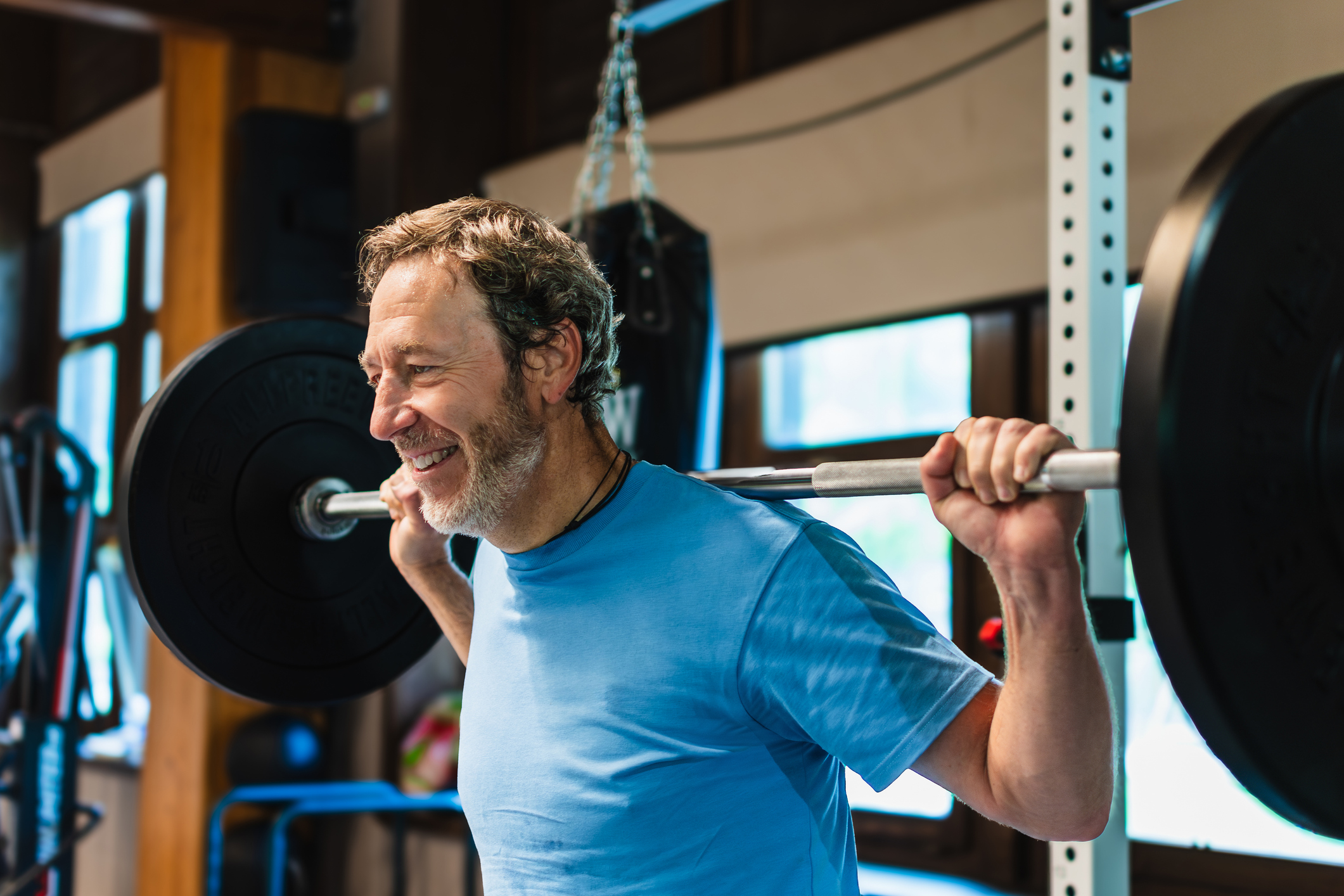When Shoulder Pain Slowly Takes Over.
Let me tell you about a patient I saw recently, because if you’re dealing with shoulder pain or you’ve been told you need surgery, this might really hit home.
He was a 55-year-old pilot. Really active guy, fit, been flying planes for years. You could tell he took pride in staying healthy. But when he came into clinic, he was fed up. His right shoulder had been giving him grief for about eight months.
No big injury. No dramatic moment. It just started hurting one day and slowly got worse. One of those things that creeps up on you.
How It Started Affecting Sleep, Work, and Exercise
At first, it was just a bit of discomfort. Then it started messing with his sleep. He couldn’t lie on that side. The pain would wake him up in the middle of the night. At work, it made things harder — reaching overhead or reacting quickly became painful. He also had a small gym at home that he used to train in a few times a week, just to keep fit. But he’d had to stop all upper body training. It hurt too much.
And for someone who was used to staying active, that was really frustrating.
Tried Everything, Still in Pain
He’d already tried physio somewhere else. They gave him exercises, which he did, and tried a bit of acupuncture. But none of it really helped. The pain stayed. The shoulder got stiffer. Eventually, he gave up on the idea of physio making any real difference.
He ended up seeing a consultant, who sent him for a scan. The diagnosis was shoulder impingement, with the beginnings of frozen shoulder. The recommendation was surgery. He was booked in for the end of summer, which gave him time to finish a busy work season. Taking time off flying earlier wasn’t really an option.
At that point, he was pretty resigned to the idea. Surgery seemed like the next step.
Booked for Surgery… Then His Wife Had an Idea
Now here’s where the story takes a turn.
His wife had been coming to see us at the clinic for treatment on her back. She’d had a great response and was feeling loads better. So one day, she said to him, “Why don’t you go see the same physios I’ve been seeing? Just while you’re waiting for your surgery.”
He wasn’t convinced. After all, physio hadn’t worked before. But she kept gently encouraging him and eventually, he thought, Why not? I’ve got a few months before the op. Maybe they can help with the pain at least.
So he came in.
From day one, he was completely honest. He said, “Look, I’m not expecting a cure. I just want to see if I can get a bit of pain relief before surgery.”
Fair enough. And that’s something we hear a lot.

Three Sessions. That’s All We Promised.
At our clinic, we keep it simple. We have a three-session rule. We give it three sessions, each a week apart. If there’s no improvement at all, we stop treatment and look at the next step. But if there’s progress, we keep going.
With this patient, after just three sessions, things had already started to change. He had more movement in his shoulder. The pain had dropped significantly. He felt more comfortable day to day. He wasn’t back in the gym yet, but he could tell this was working.
So we carried on.
We worked on the shoulder’s mobility and strength, especially focusing on external rotation which is often the first thing to go with a frozen shoulder. We addressed the pain, stiffness, and weakness he was dealing with. And little by little, it started coming back.
Full Movement. No Pain. No Surgery.
By session eight, he had full range of motion. No pain lying on it. No issues at work. He could contract the muscles around his shoulder without any discomfort. He felt like himself again.
And in the end, he cancelled the surgery.
Now, don’t get me wrong. Surgery can be necessary in some cases. But I see so many people go down that road before they’ve tried proper, hands-on rehab. Or they’ve done physio that just involved a few printout exercises and assumed that’s all it could offer.
It’s not.
Good rehab is about the right plan, at the right time, for the right person.
The Real Takeaway: Don’t Give Up Too Soon
If you’ve been told you need surgery, or you’ve tried physio before and didn’t see results, that doesn’t mean you’re out of options. You might just need a different approach. One that looks at the whole picture and is tailored to your body and your goals.
We always say, what have you got to lose? Give it three sessions. If nothing changes, we’re honest with you. But more often than not, things start to shift. And once they do, we build on it.
If this sounds like your story, come and have a chat with us. It might just be the step that changes everything.
Joe Sharp
BSc (Hons) Physiotherapy
Request A Free Discovery Call & Ask All The Questions You Need








